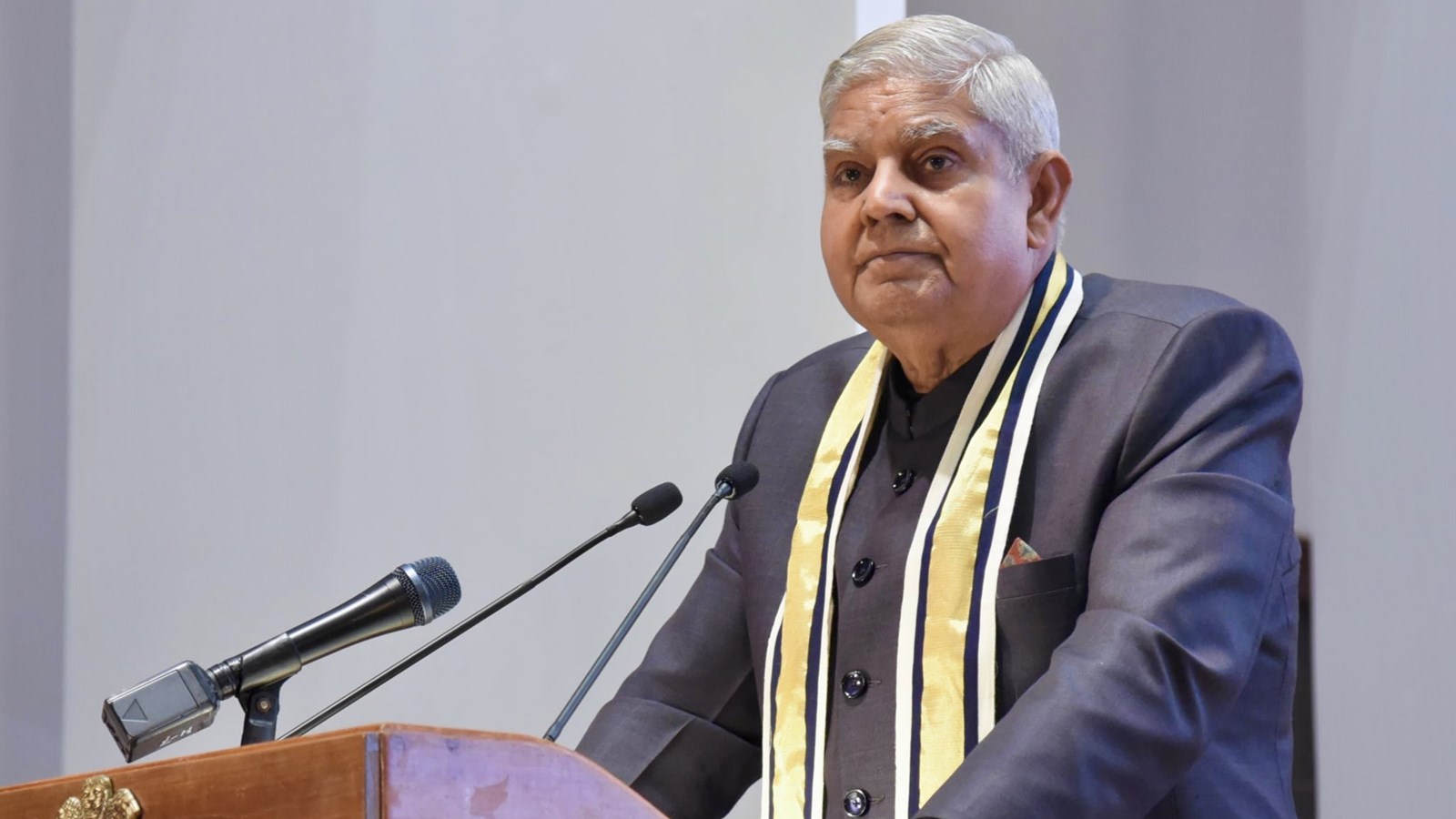 |
|
Vice-President Jagdeep Dhankhar has launched a scathing attack on former finance minister P Chidambaram, accusing him of insulting Parliament's wisdom with his comments on the three new criminal laws that came into effect on July 1st. Chidambaram, in an interview with The Indian Express, had labelled the new laws, which replaced the Indian Penal Code, Criminal Procedure Code, and Indian Evidence Act, as having been drafted by “non-professional people” who were “part-time members of a committee”.
Dhankhar, addressing the 12th convocation of the Indian Institute of Space Science and Technology (IIST) in Thiruvananthapuram, took umbrage at Chidambaram's remarks, emphasizing that every member of Parliament had an opportunity to contribute during the debate on the bills in December 2023. He viewed Chidambaram's statement as a direct insult to the legislative process and the collective wisdom of Parliament. Dhankhar expressed his profound disappointment at Chidambaram's characterization of Parliamentarians as “part-timers,” highlighting the crucial role they play in shaping the nation's laws.
Dhankhar further pointed out that not only Chidambaram but other senior advocates who are members of Parliament also failed to participate in the debate on the bills, missing an opportunity to express their views and contribute to the legislative process. He condemned this inaction as a failure to fulfill their constitutional duty, accusing Chidambaram of seeking to unsettle the legal framework for personal gain. Dhankhar expressed his frustration with what he perceived as a deliberate strategy to undermine the nation, its institutions, and its progress.
Dhankhar's strong condemnation of Chidambaram's remarks extends beyond the specifics of the new criminal laws. He sees them as part of a broader pattern of criticism aimed at tarnishing the reputation of the Indian government and its institutions. His appeal to Chidambaram to withdraw his “derogatory, defamatory and highly insulting” comments reflects his concern about the damaging impact of such rhetoric on the public discourse and the integrity of Parliament.
Dhankhar's comments highlight a growing tension between the ruling Bharatiya Janata Party (BJP) and the opposition Congress party. The new criminal laws have been a point of contention, with the BJP touting them as a significant step towards reforming the legal system while the Congress has criticized them as being hastily drafted and lacking proper consultation. Dhankhar's strong words suggest that this tension is likely to escalate further.
Beyond the political context, Dhankhar's comments also raise broader questions about the importance of civil discourse and the role of criticism in a democracy. While Dhankhar's condemnation of Chidambaram's remarks may be seen as an attempt to stifle dissent, his argument about the responsibility of Parliamentarians to uphold the integrity of the legislative process carries weight. The debate over the new criminal laws underscores the importance of engaging in constructive dialogue and finding common ground in a system that relies on consensus and compromise.
